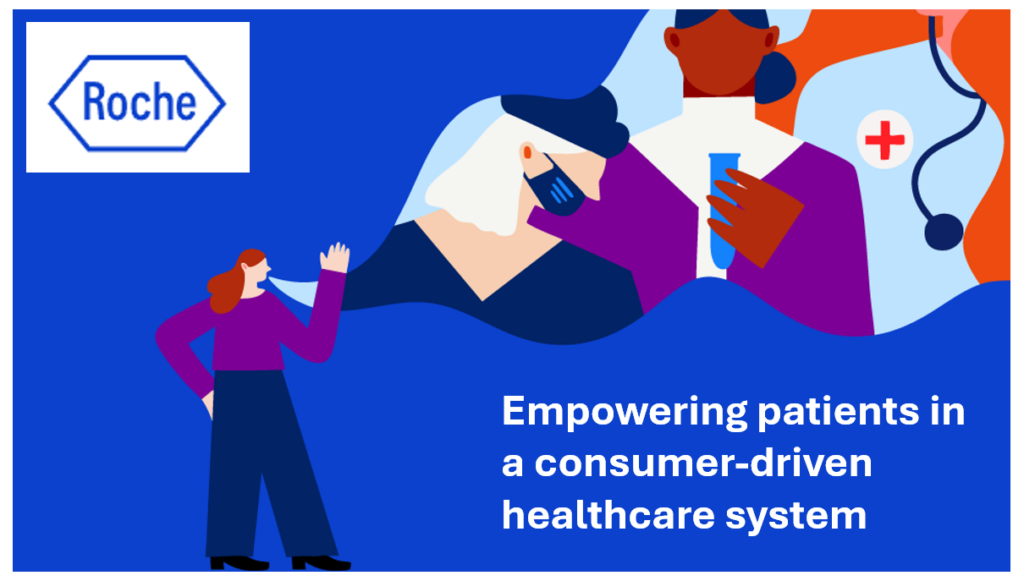Most Americans believe that in fixing health care, we’ll be addressing the economy. This, according to a new Index of American health citizens’ confidence in the health economy.
The Robert Wood Johnson Foundation joins forces with the Center for Social Research at the University of Michigan (SRC) to bring this innovative measurement tool to policymakers and health citizens during this long, intense season of health reform. The SRC will include questions regarding health care, health insurance and the impact on families’ economic situations in its ongoing Surveys of Consumers. The SRC is well-known for its Index of Consumer Sentiment.
A key finding in the April-May 2009 survey is big differences in confidence between people who are insured versus those without insurance.
The health consumer confidence index measures Americans’ experiences with health care access in the past year:
- Delaying seeing a doctor when it was necessary due to cost.
- Skipping a recommended medical test, treatment, or follow up due to cost.
- Not filling a prescription due to cost.
- Having difficulty paying medical bills.
Furthermore, the Index asks health consumers to look into the future — that is, even if they’re able to afford health care ‘today,’ what do they see in terms of their ability to pay for health care in the future?
Health Populi’s Hot Points: Well over 1 in 3 Americans lacks confidence in the health system, and nearly 2 in 3 are concerned about future costs. These numbers grow in direct proportion to whether someone has health insurance, their age and feeling of vulnerability.
One of the biggest overall findings in terms of sheer percentage is that 86% of Americans believe that President Obama should address health reform as a macroeconomic issue. Whether insured or not, this large majority speaks collectively about a growing lack of confidence about the future health system — and in particular, health citizens’ ability to access and pay for health services tomorrow, next month, or next year.
As RWJF and the SRC track these sentiments over time, we’ll have a credible picture of how Americans’ personal perceptions of their health system vulnerability improve…or not.




 I was invited to be a Judge for the upcoming
I was invited to be a Judge for the upcoming  Thank you Team Roche for inviting me to brainstorm patients as health citizens, consumers, payers, and voters
Thank you Team Roche for inviting me to brainstorm patients as health citizens, consumers, payers, and voters  For the past 15 years,
For the past 15 years,